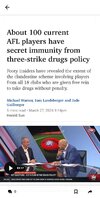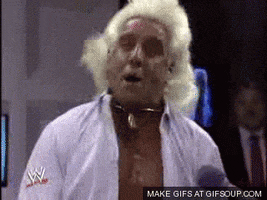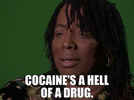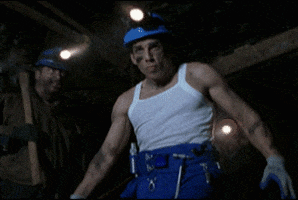king of the road
Premium Gold
Pretty sure the Fed gov required the AFL to do so as part of funding agreement conditions.Yeah i agree and i think the AFL snookered themselves by signing up to the WADA code in the first place, it has forced them into a corner when a/ its not an international sport b/ despite some peoples view AFL footballers are not professional athletes the WADA code is designed for they are simply really well paid footballers and c/ they are footballers; young men in the prime of their lives doing something they enjoy being handsomely rewarded for it and indulging in all that being feted by the football public brings which is essentially sex, drugs n rock n roll. All very natural for young men which is why they developed this work around, otherwise I would hazard that some weeks some teams may have struggled to field a full AFL grade team, plus if players are wiped for 4 years that would have played havoc with some teams in particular big clubs. In relation to * I think the biggest mistake they made was not availing themselves of this policy at the time to check if their supplements were detectable and if they had come clean with the AFL right from the start in all likelihood this policy would have protected them.
Finally I am a big fan of banning all reporting and social media of all AFL players during their off season and stopping drug testing during this time, they deserve some time where they can be simply young men. The definition of drugs that enhance performance needs to be reviewed I have trouble believing pot, heroin, acid or booze enhances somebodies performance, if a player tests positive for these take an educational medical welfare approach and send them to counselling.
That is all.
Could be wrong though.








